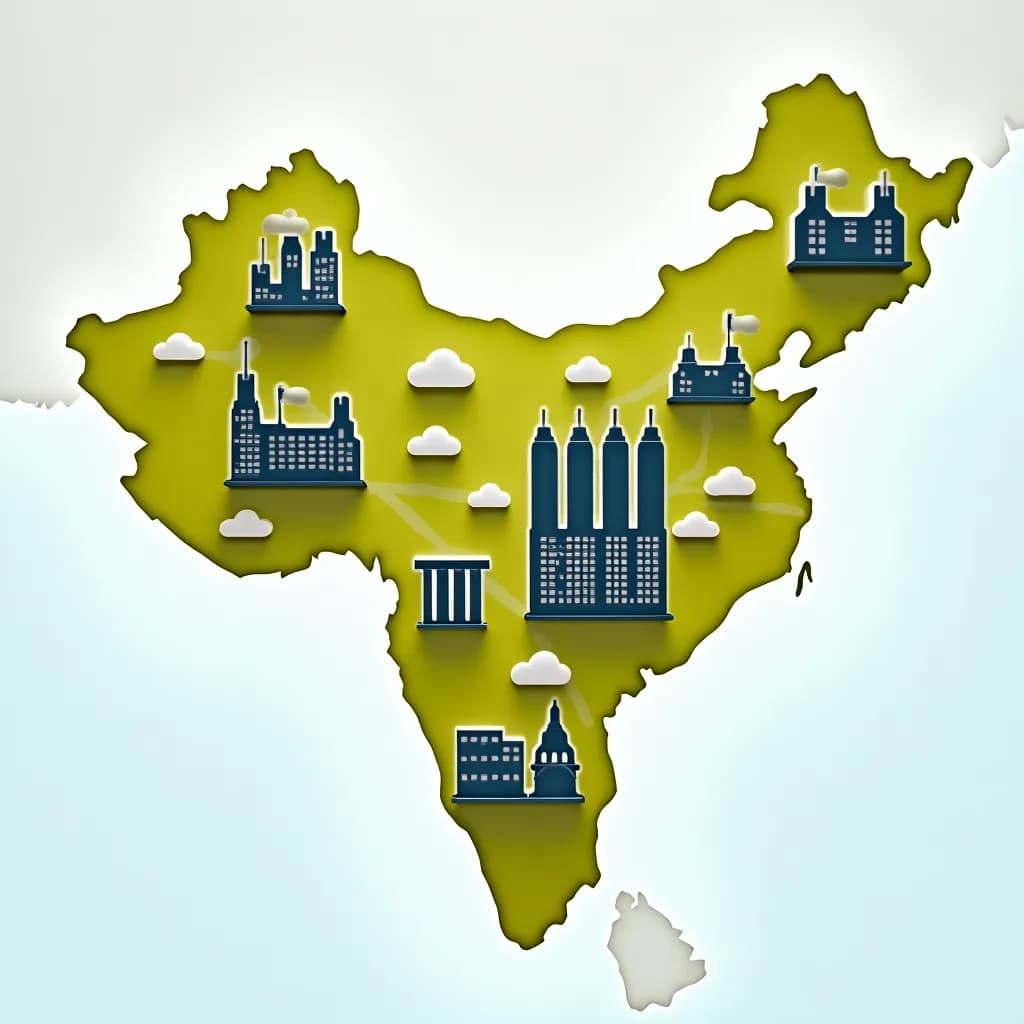The Impact of Cultural Shifts on Political Landscapes: A Review
From the rise of social media to the global call for social justice, the past decade has witnessed significant cultural shifts. This article explores how these changes have impacted political landscapes worldwide.
Introduction
Political landscapes are not static. They evolve, influenced by various factors, including technological advancements, economic changes, and especially cultural shifts. This article aims to analyze the intricate relationship between recent cultural shifts and their impact on political landscapes.
The Rise of Social Media
The birth and growth of social media have significantly altered both cultural and political landscapes. Social media platforms have become a powerful tool for political discourse, enabling more direct communication between politicians and the public. They have also democratized information, providing a platform for voices often excluded from traditional media.
Global Call for Social Justice
The last decade has seen a profound global call for social justice, from the #BlackLivesMatter movement in the United States to protests against police brutality in Nigeria. These cultural shifts have had a notable impact on politics, with governments forced to address these issues directly. The role of politicians has been redefined, with a renewed focus on implementing policies that promote equality and justice.
Data-Driven Politics
With the rise of big data and analytics, politics has become more data-driven. This cultural shift towards relying on data for decision-making has significantly influenced political strategies. For instance, political campaigns now use data analytics to understand voter behavior and tailor their messages accordingly.
Conclusion
As we navigate the complexities of the 21st century, it becomes increasingly clear that cultural shifts significantly impact political landscapes. From the rise of social media to the global call for social justice and the advent of data-driven politics, the interplay between culture and politics has never been more apparent. As cultural shifts continue to occur, they will inevitably continue to shape political landscapes around the world.
References
- Anderson, M. & Jiang, J. (2018). Teens, Social Media & Technology 2018. Pew Research Center.
- Bail, C. A. (2016). The cultural environment: measuring culture with big data. Theory and Society, 45(3), 465-482.
- Freelon, D., Mcilwain, C. D., & Clark, M. D. (2018). Quantifying the Power and Consequences of Social Media Protest. New Media & Society, 20(3), 990-1011.






